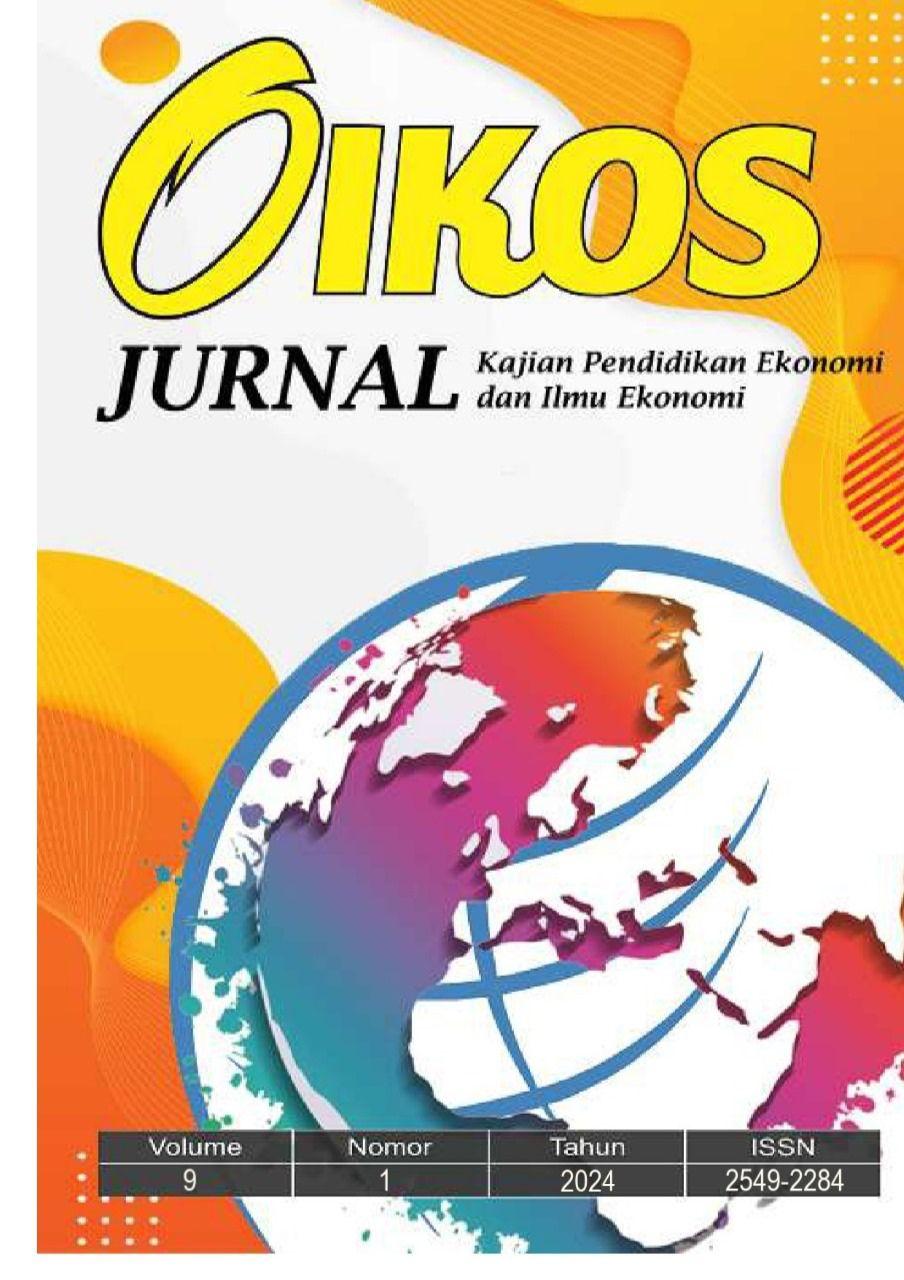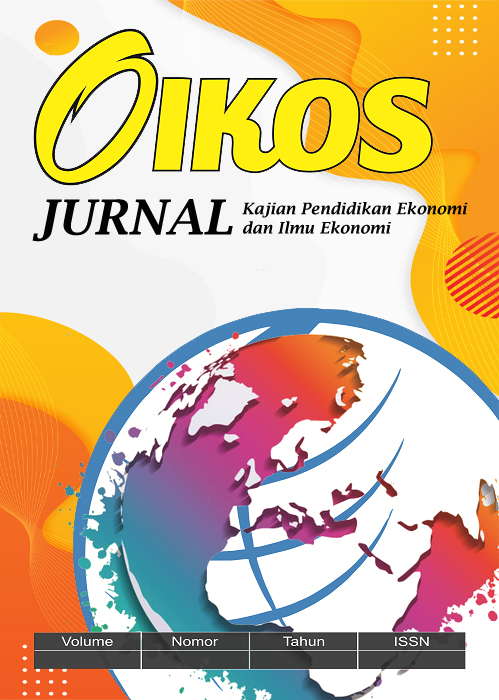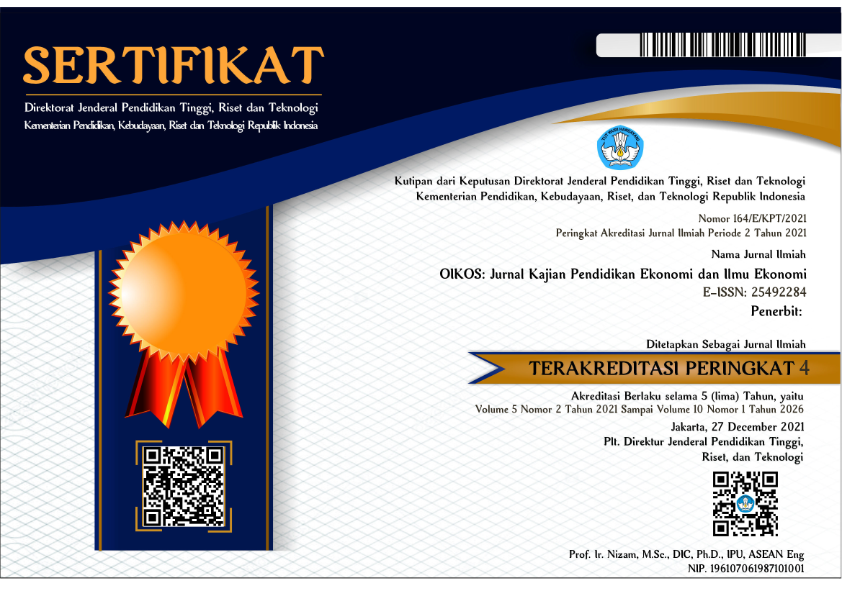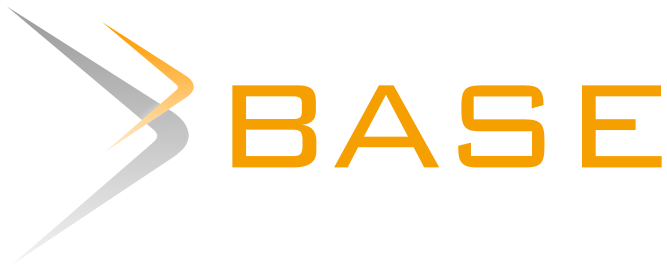THE EFFECTIVENESS OF KATEPAY AS A DIGITAL PAYMENT TOOL FOR STUDENTS IN THE CITY OF SURABAYA
Keywords:
Katepay, Kartu Identitas Anak (KIA), Digital Transactions, GovernmentAbstract
Katepay is an innovation introduced by the Surabaya City Population an Civil Registration Department by untilizing Child Identity Cards (KIA) as a non-cash payment tool. This initiative aims to provide students with the opportunity to learn and understand digital transactions from an early age. This research aims to evaluate the effectiveness of the Katepay program in the context of its use by students, parents, and collaborating partners. This type of research is descriptive using a qualitative approach. The research results show an increase in students understanding of non-cash transactions through the use of Katepay. Parents also benefit from the security and comfort aspects of using Katepay. This program also provides a positive experience for sellers and outlets who collaborate in accepting payments through KIA. Thus, several challenges to program implementation were also identified as well as several factors that could support the success of the program.
Downloads
References
Danuri, M. (2019). Perkembangan Dan Transformasi Teknologi Digital. Infokam, 2, 116–123.
Houston, D. D. (2020). Adopsi Penerimaan Digital Payment Pada Kalangan Milenial. Medium, 7(2), 55–67. https://doi.org/10.25299/medium.2019.vol7(2).4094
Mubarak, D. A., & Akhmadi, M. H. (2022). Implementasi Sistem Aplikasi Pembayaran Digital Payment Dalam Pelaksanaan Pembayaran Berbasis Cashless di Masa Pandemi Covid-19. Jurnal Manajemen Keuangan Publik, 6(2), 115–122. https://doi.org/10.31092/jmkp.v6i2.1699
Mufidah, E. A., & Trihantoyo, S. (2020). Efektivitas Layanan Khusus Kantin Digital ( E- Canteen ) dalam Meningkatkan Digital Quotient Siswa. Jurnal Inspirasi Manajemen Pendidikan, 8(4), 517–531.
Onitsuka, K., Hidayat, & Huang, W. (2018). Challenges for the next level of digital divide in rural Indonesian communities. E J Info Sys Dev Countries, 1–25.
Sabela, M., Mustofa, A., & Priyanto. (2023). The Cost-Benefit Study of Implementing the Katepay Programme in Surabaya. Journal Publicuho, 6(4), 1220–1235. https://doi.org/10.35817/publicuho.v6i4.265
Supriono, J. S., Berliani, T., & Limin, D. L. (2020). Pengelolaan Kantin Sehat Di SDN 6 Bukit Tunggal Palangka Raya. Equity In Education Journal, 2(1), 62–67. https://doi.org/10.37304/eej.v2i1.1688
Sutanto, S. H., Fina Jantika Putri, Natasya Herlianti, Rona Jauza, Wulan Guritna, & Syamsir Syamsir. (2022). Reformasi Administrasi Pelayanan Berbasis Online Pada Dinas Penduduk dan Pencatatan Sipil Kota Padang. Prosiding Seminar Nasional Pendidikan, Bahasa, Sastra, Seni, Dan Budaya, 1(2), 120–131. https://doi.org/10.55606/mateandrau.v1i2.142
Wicaksana, A., & Rachman, T. (2018). What is a policy and what is a government program? A simple question with no clear answer, until now. Angewandte Chemie International Edition, 6(11), 10–27.
Downloads
Published
Issue
Section
License
Copyright (c) 2025 OIKOS: Jurnal Kajian Pendidikan Ekonomi dan Ilmu Ekonomi

This work is licensed under a Creative Commons Attribution 4.0 International License.









